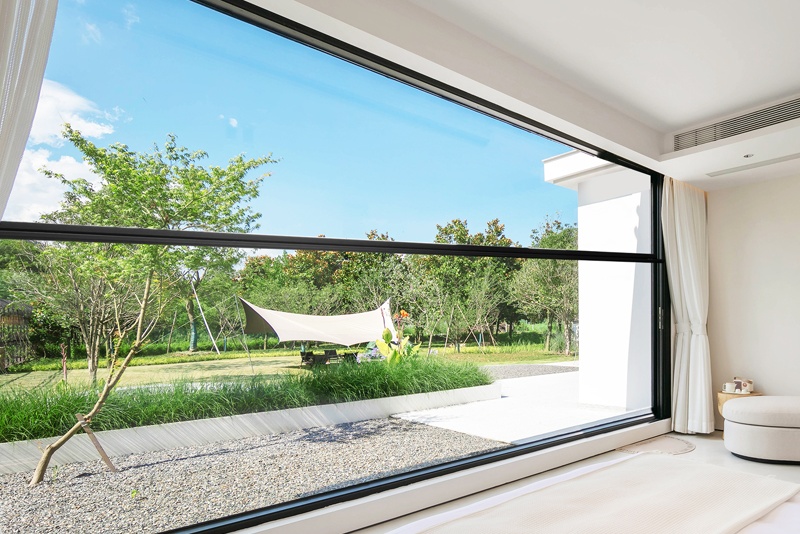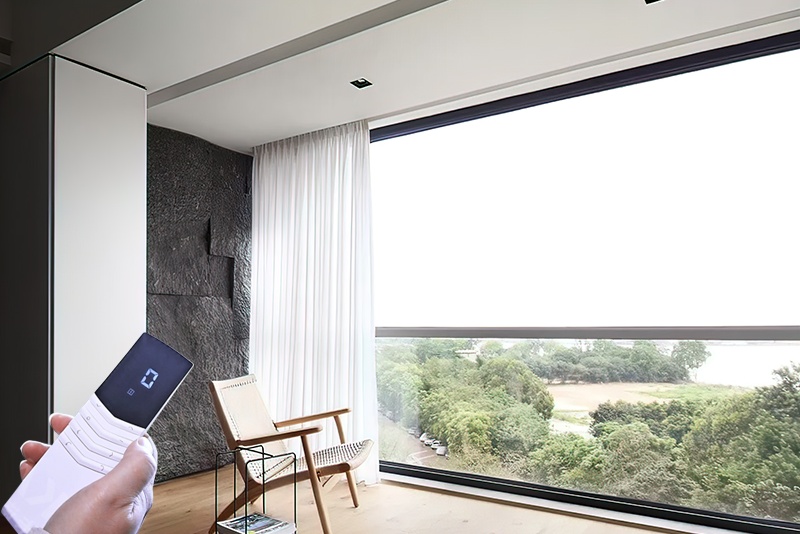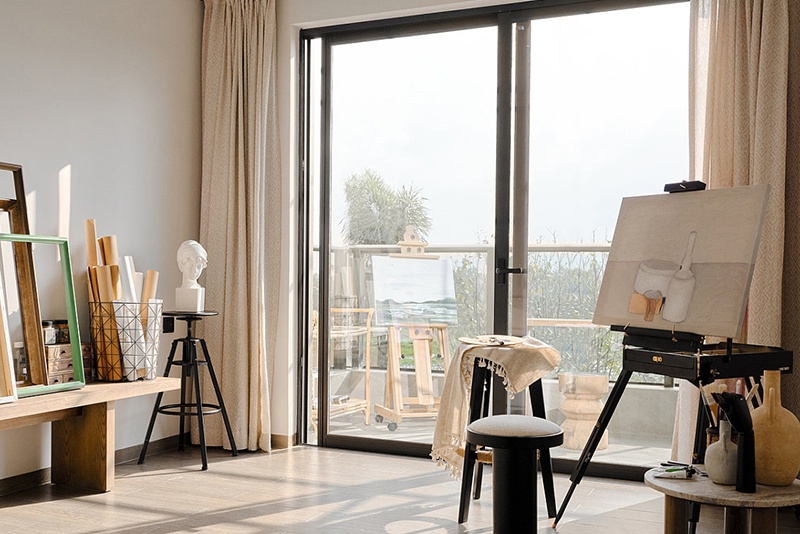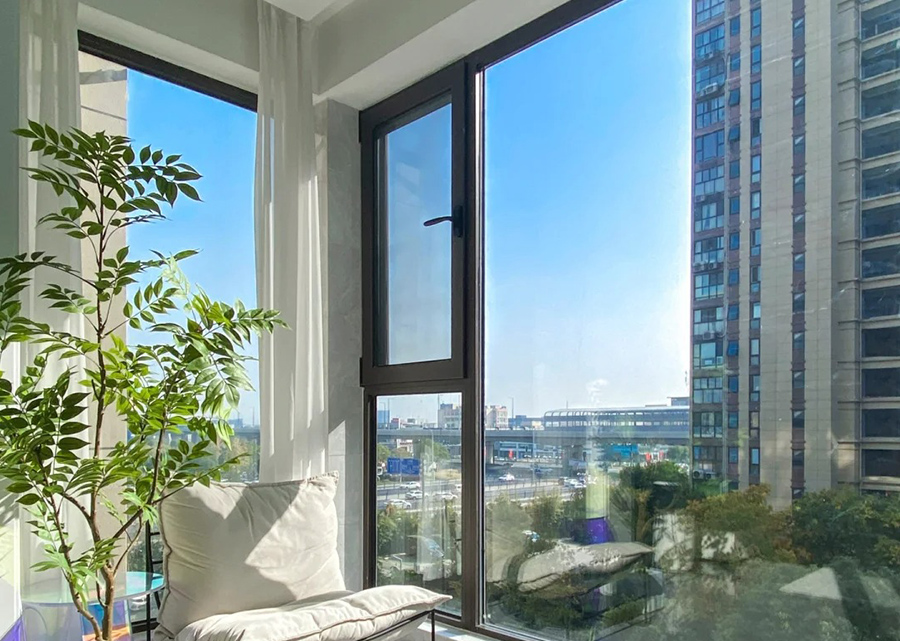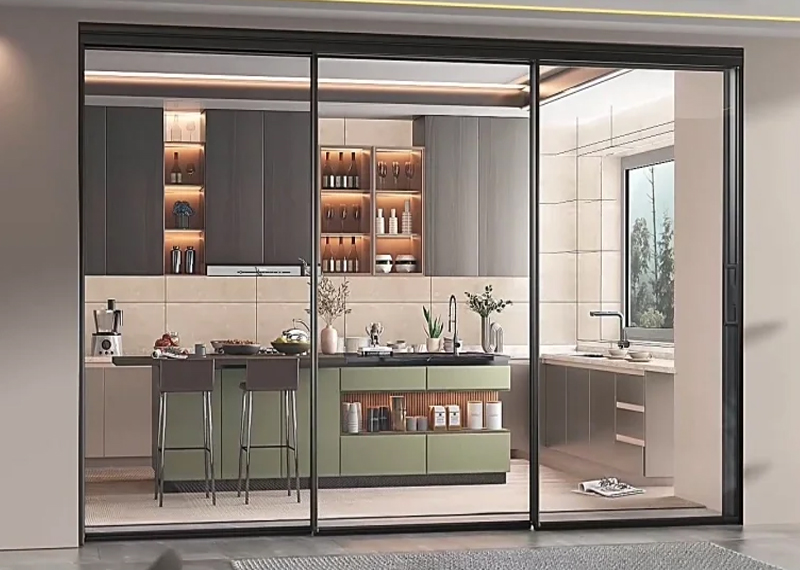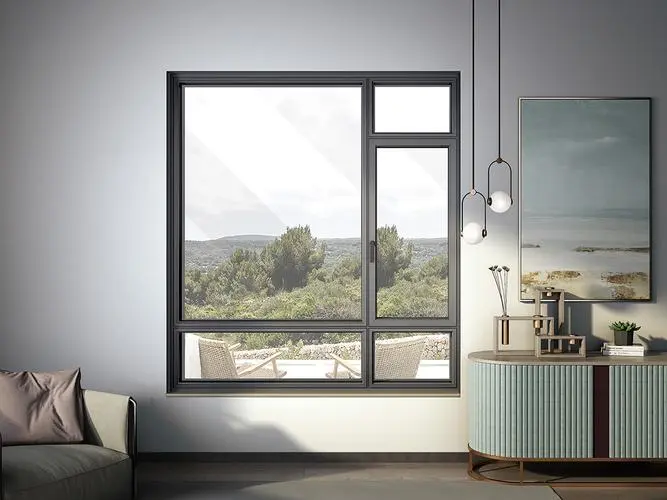Inward-Tilting, Sliding, or Outward-Opening Windows: Which Offers Better Economy, Practicality, and Soundproofing?
When selecting windows, homeowners typically prioritize cost, functionality, and noise reduction. Three mainstream styles—tilt-turn windows, sliding windows, and outward-opening casement windows—each have distinct advantages. This comparison evaluates their economic value, practicality, and soundproofing performance to help you find the ideal solution.
Cost Efficiency: Which Window Type Offers the Best Value?
Upfront and Installation Costs
- Tilt-Turn Windows: Unit price: 300–300–800 (excluding installation). Hinged hardware increases material costs by 10–15%.
- Sliding Windows: Unit price: 200–200–600. The most budget-friendly option, with horizontal tracks requiring minimal frame modifications.
- Outward-Opening Casement Windows: Unit price: 200–200–600. Weatherproof hardware may add costs; high-rise installations often incur extra safety fees.
Long-Term Maintenance
- Tilt-Turn Windows: Annual hinge and seal lubrication recommended. Lifespan: 25–30 years.
- Sliding Windows: 70% of malfunctions stem from track debris. Self-cleaning track technology can reduce repairs by 40%.
- Casement Windows: Corrosion risk in coastal areas. Weather-resistant coatings extend lifespan to 40+ years.
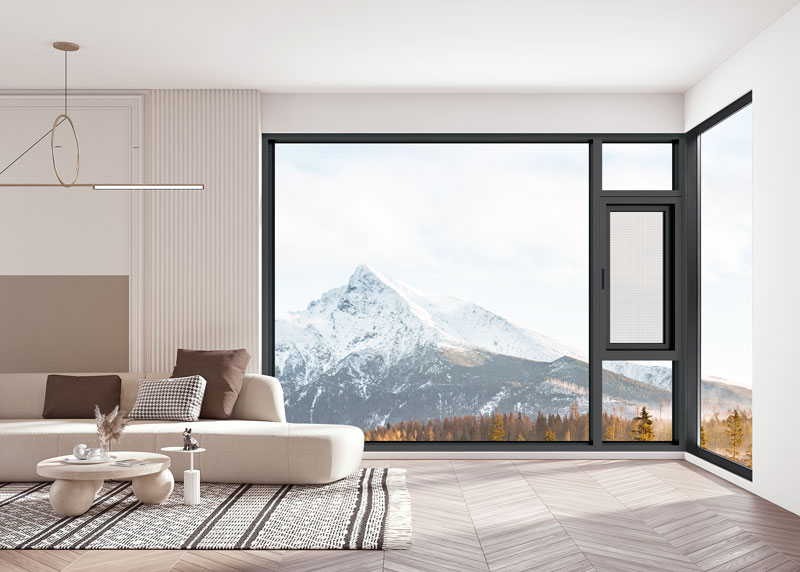
Modern Aluminum Casement Windows with Double Glazing
Energy Efficiency
- Tilt-Turn Windows: Multi-point locking compresses seals tightly, achieving a U-value as low as 1.2 W/m²K.
- Sliding Windows: Standard models are 2–3x less airtight. Magnetic seals can cut energy loss by 50%.
- Casement Windows: Single-point locks may leak air. Triple glazing improves performance but adds 20% to costs.
Verdict: Sliding windows have the lowest upfront cost, but tilt-turn models offer long-term savings via durability and energy efficiency.
Practicality: Which Window Best Suits Your Lifestyle?
Space Optimization
- Tilt-Turn Windows: Require 8–12 inches of clearance indoors. Unsuitable for rooms with curtains or furniture near windows.
- Sliding Windows: Zero space intrusion—ideal for compact homes.
- Casement Windows: 90° opening maximizes airflow but may need stormproofing in hurricane zones.
Safety Features
- Tilt-Turn Windows: Built-in restrictors prevent accidental closure; optional child locks available.
- Sliding Windows: No protruding parts reduce injury risks. Anti-lift track technology (e.g., KANOD’s SecureSlide) deters break-ins.
- Casement Windows: Reinforced hinges needed for high-wind areas. KANOD products pass ASTM wind-pressure tests.
Verdict: Sliding windows excel in space efficiency, while tilt-turn models offer superior ventilation control and safety.
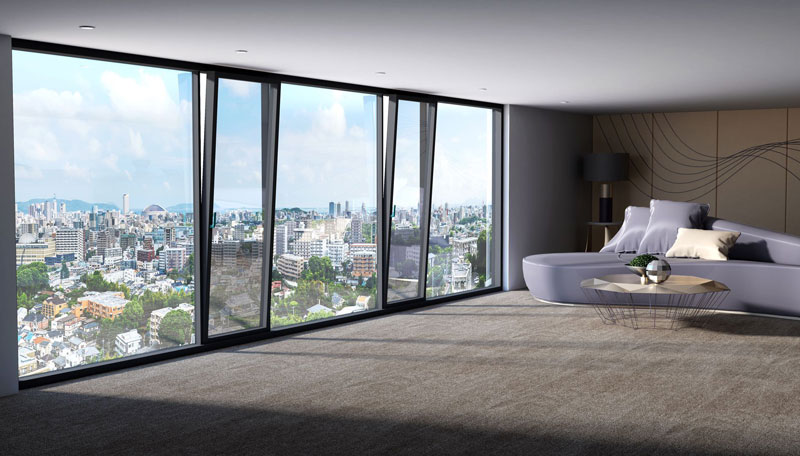
Modern Aluminum Casement Windows with Double Glazing
Soundproofing: Which Window Delivers the Quietest Home?
Noise Reduction Metrics
- Tilt-Turn Windows: Triple seals + multi-chamber frames block 35–40 dB (library-quiet levels).
- Sliding Windows: Single seals reduce only 20–25 dB—not recommended for street-facing homes.
- Casement Windows: Allow 50 dB street noise to penetrate at 35 dB (perceptible in quiet rooms).
Real-World Testing
- Tilt-Turn: Reduce 60 dB traffic noise to <25 dB (quieter than conversation).
- Sliding: Cut 75 dB construction noise to 37 dB (rivaling tilt-turn performance with upgrades).
Scenario-Based Recommendations
- Budget-conscious: Prioritize sliding windows for balanced cost and performance.
- Families with children: Tilt-turn windows provide safety and precise ventilation.
- Street-facing homes: Tilt-turn + acoustic glass combats noise effectively.
- Coastal properties: Casement windows with KANOD’s marine-grade coatings resist salt corrosion.
Final Takeaway:
No single window type dominates all categories. Tilt-turn leads in energy efficiency and soundproofing, sliding windows optimize space, and casement windows maximize ventilation. KANOD’s innovations bridge these gaps—our tilt-turn models achieve 40 dB noise reduction, while sliding windows match competitors’ efficiency at 20% lower cost.
Partner with KANOD’s expert team to select CE-certified windows tailored to your climate, noise levels, and spatial needs.



